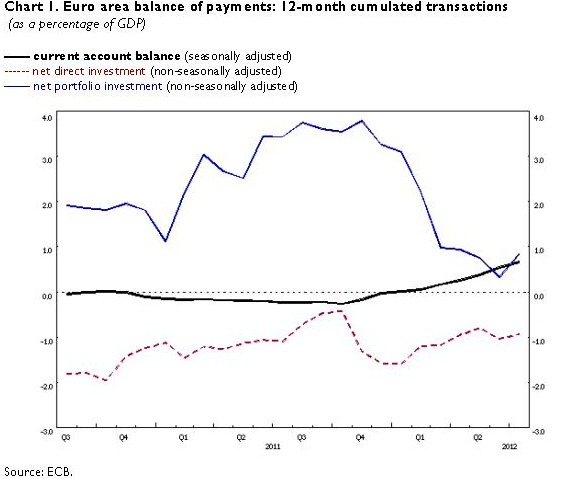Balance Of Payments (BOP) Definition
Post on: 16 Март, 2015 No Comment

DEFINITION of ‘Balance Of Payments (BOP)’
A statement that summarizes an economy’s transactions with the rest of the world for a specified time period. The balance of payments, also known as balance of international payments, encompasses all transactions between a country’s residents and its nonresidents involving goods, services and income; financial claims on and liabilities to the rest of the world; and transfers such as gifts. The balance of payments classifies these transactions in two accounts – the current account and the capital account. The current account includes transactions in goods, services, investment income and current transfers, while the capital account mainly includes transactions in financial instruments. An economy’s balance of payments transactions and international investment position (IIP) together constitute its set of international accounts.
INVESTOPEDIA EXPLAINS ‘Balance Of Payments (BOP)’
Despite its name, the “balance of payments” data is not concerned with actual payments made and received by an economy, but rather with transactions. Since many international transactions included in the balance of payments do not involve the payment of money, this figure may differ significantly from net payments made to foreign entities over a period of time.
Does the “balance of payments” actually balance? In theory, a current account deficit would have to be financed by a net inflow in the capital and financial account, while a current account surplus should correspond to an outflow in the capital and financial account for a net figure of zero. In actual practice, however, the fact that data are compiled from multiple sources gives rise to some degree of measurement error.
Balance of payments and international investment position data are critical in formulating national and international economic policy. Certain aspects of the balance of payments data, such as payment imbalances and foreign direct investment, are key issues that a nation’s economic policies seek to address.
Economic policies are often targeted at specific objectives that, in turn, impact the balance of payments. For example, a country may adopt policies specifically designed to attract foreign investment in a particular sector. Another nation may attempt to keep its currency at an artificially depressed level to stimulate exports and build up its currency reserves. The impact of these policies is ultimately captured in the balance of payments data.
Don’t stop now! Broaden your knowledge of the balance of payments by reading our article on What Is The Balance Of Payments?














